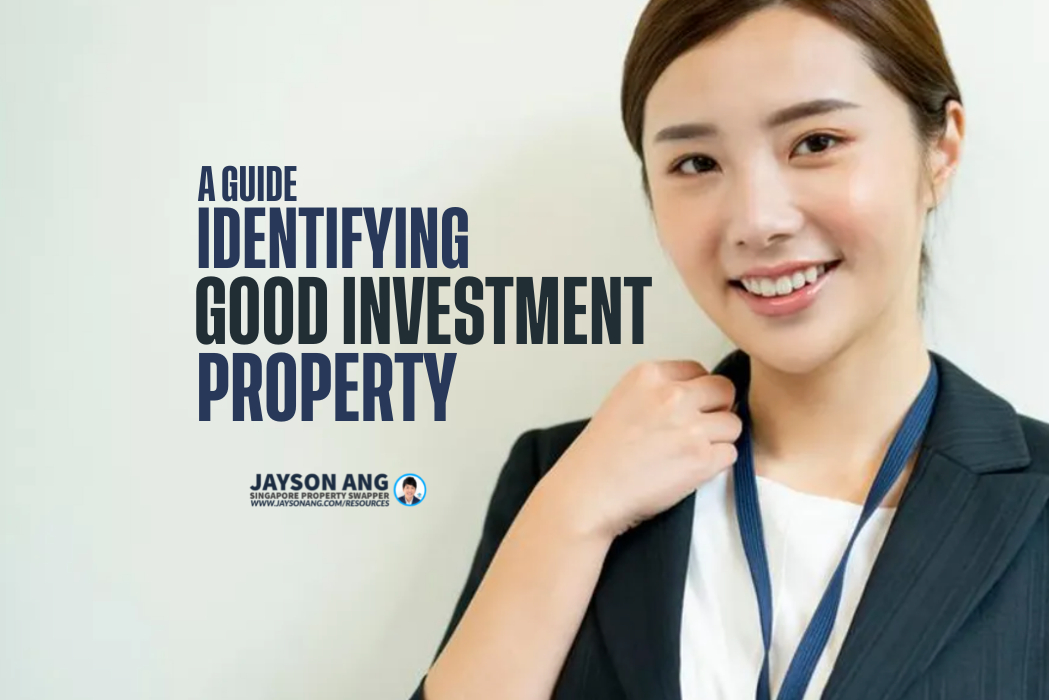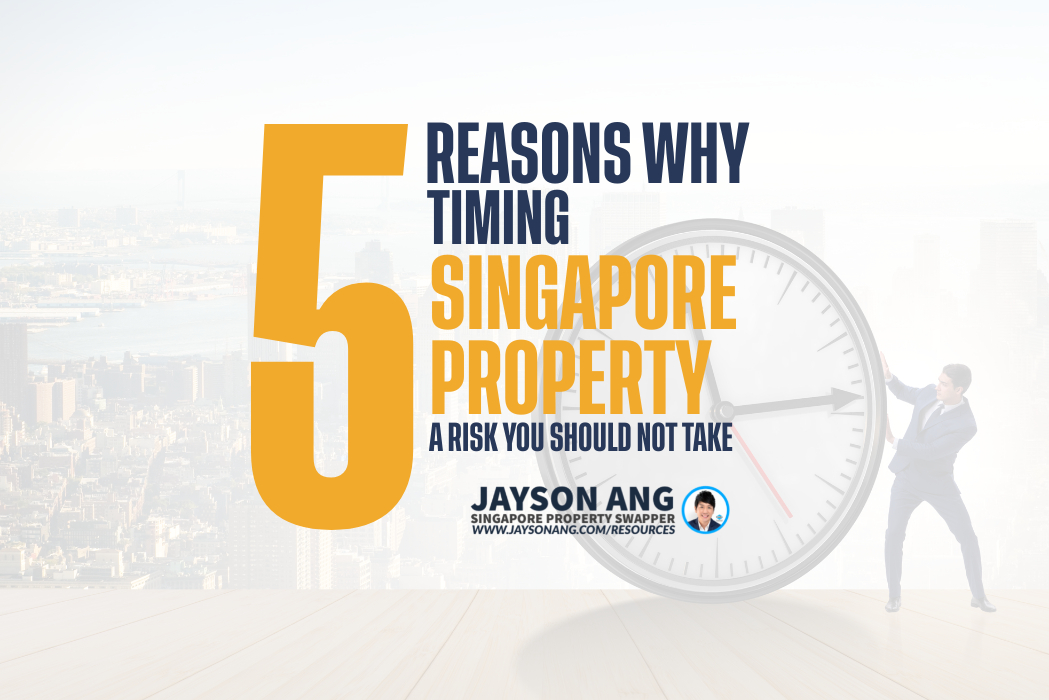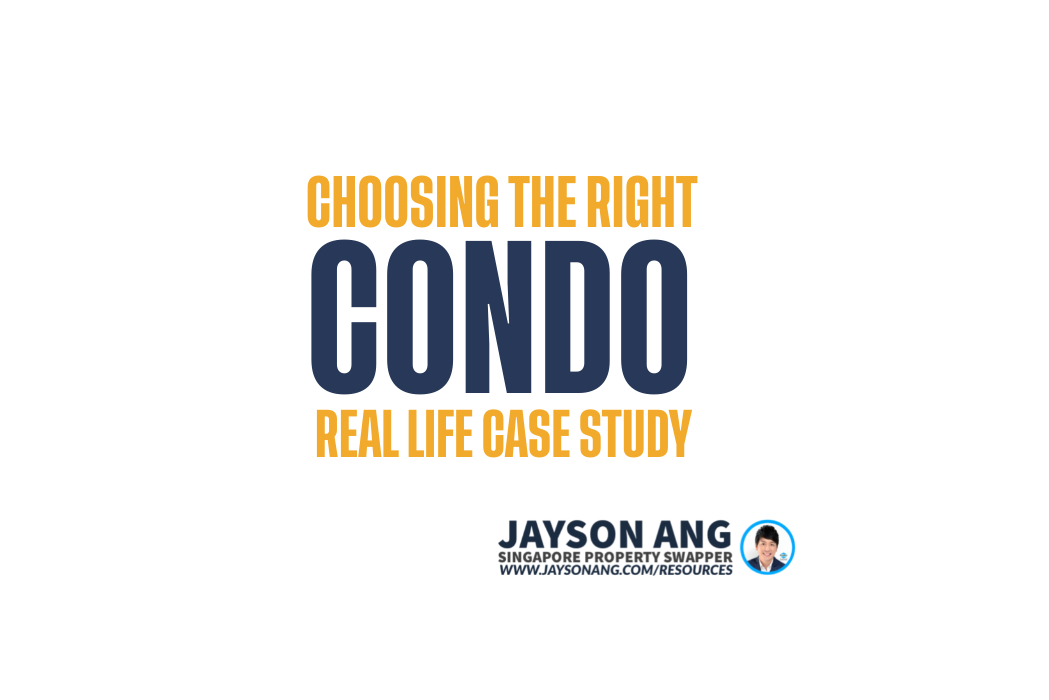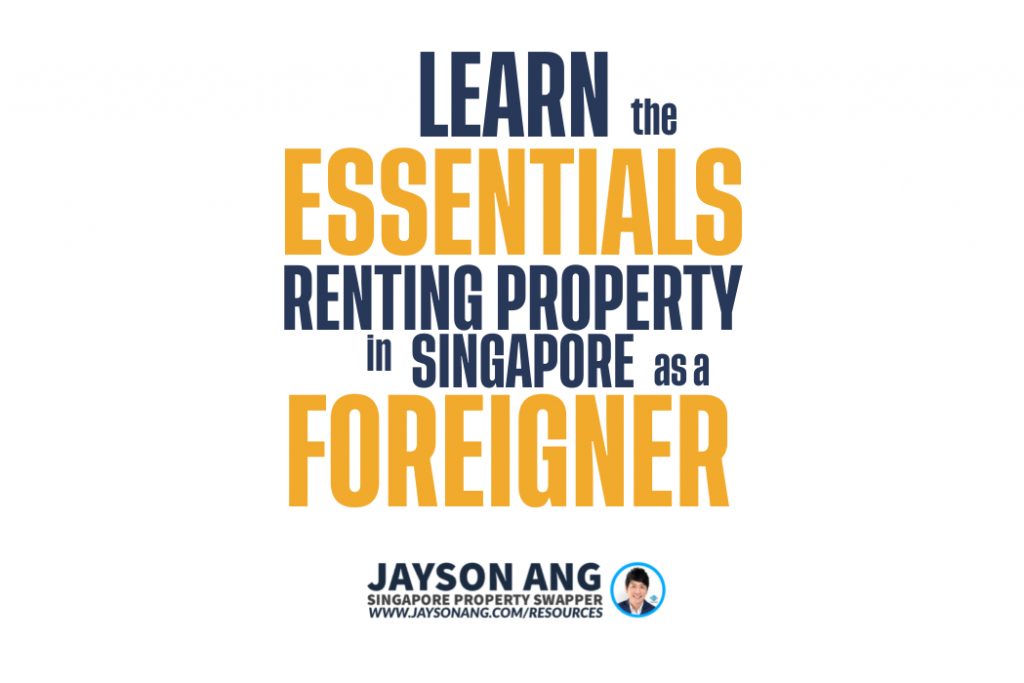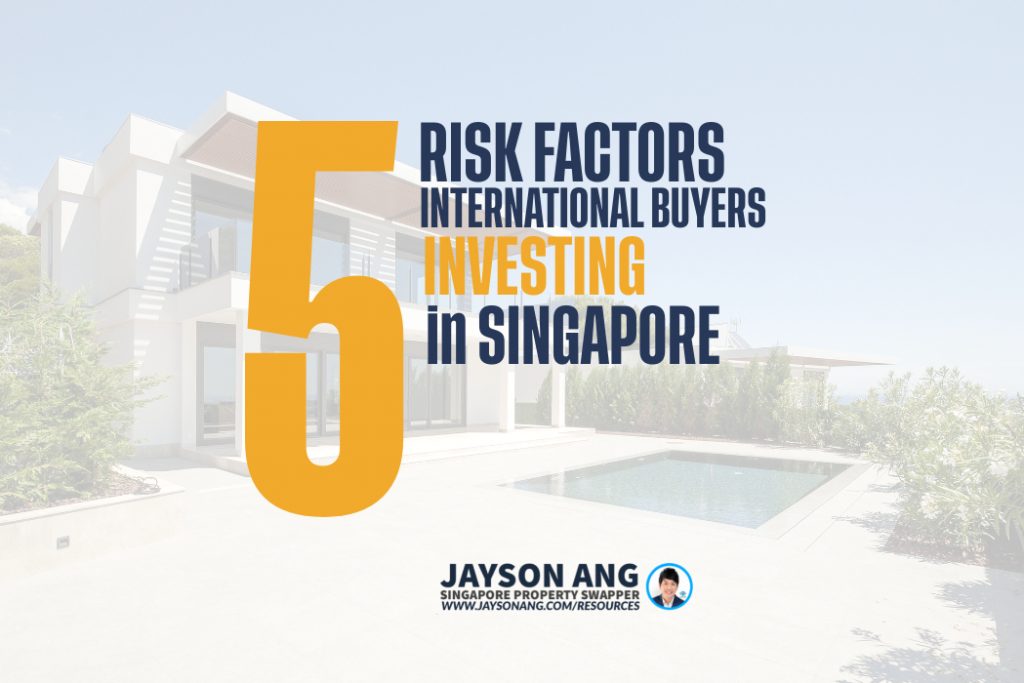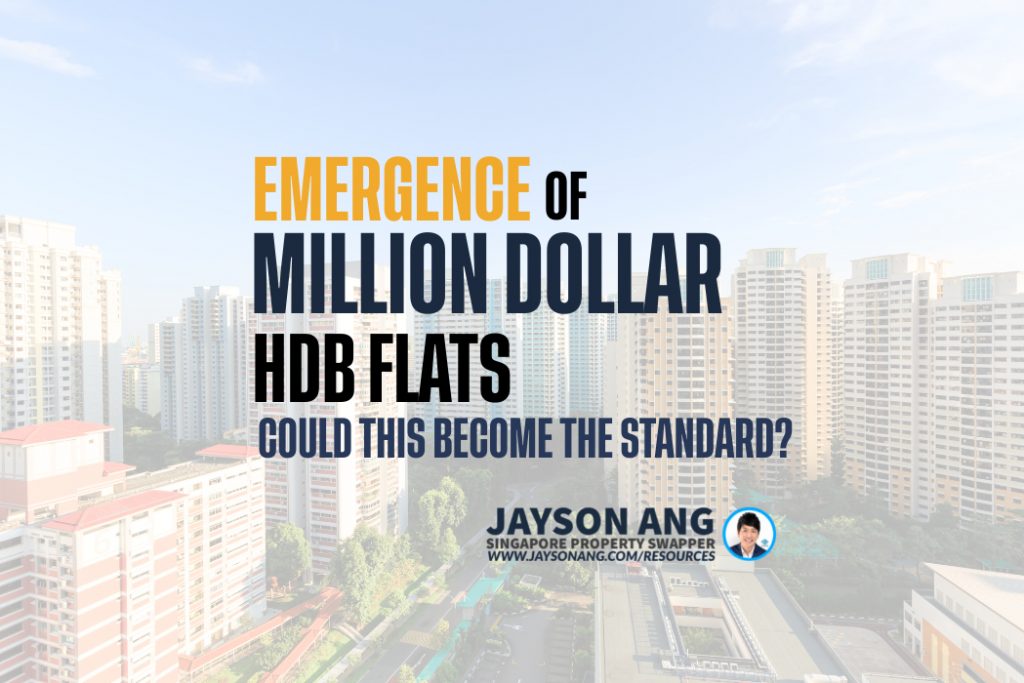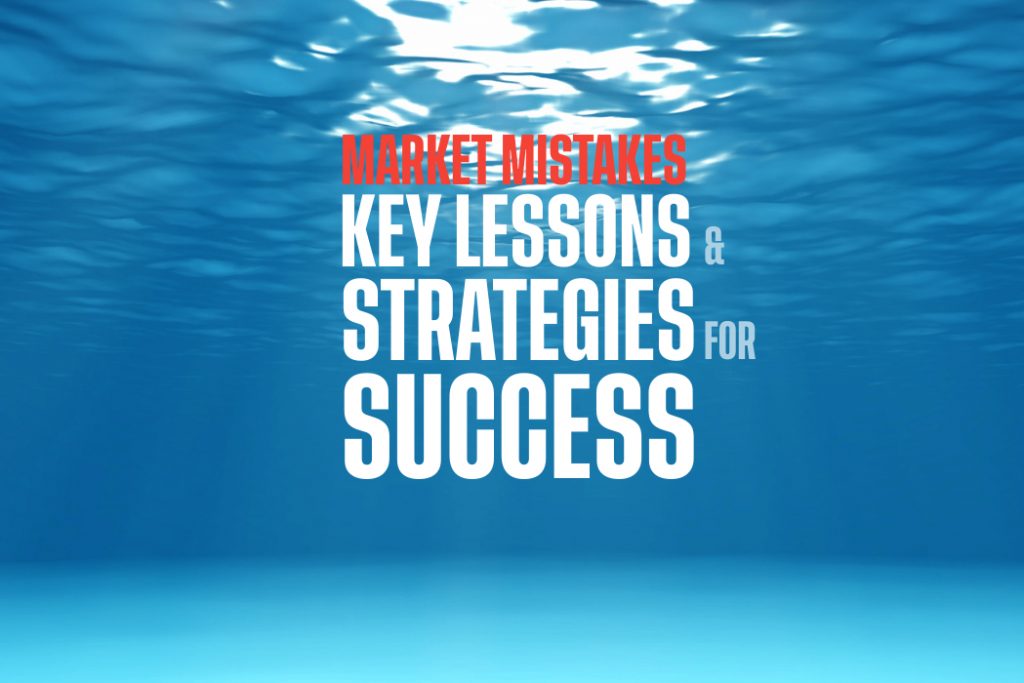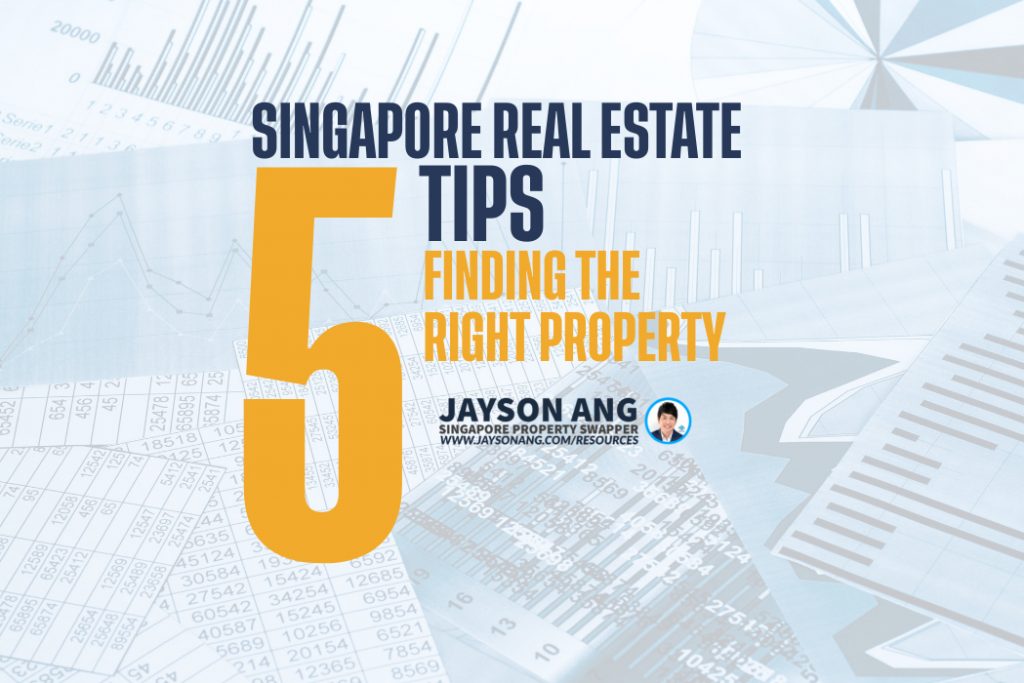TLDR
When it comes to navigating the real estate market in Singapore, understanding key factors can make a significant difference in your investment success. Consider aspects such as entry price, property location and amenities, vacancy rates, appreciation potential, and understanding the costs involved. Additionally, staying informed about taxes, stamp duties, and financing options is crucial for managing your investment wisely. By conducting thorough research and seeking guidance from real estate experts, you can make informed decisions tailored to your unique situation.
Navigating the real estate market can be tricky, but with a little research and the help of a reliable advisor, the rewards can be significant.
To help you identify a good investment property, here are some key points to consider:
Before you get started, you should have a clear idea of what your ideal property looks like, including the budget, location, size, type and target tenant demographics.
Once you have a better idea, you can then focus on finding a property that fits your needs – and that’s when you’ll want to enlist the help of a real estate professional to guide you through the buying process.
1. Good Entry Price
If you find a shortlisted property that has a lower price per square foot than other transactions in the same project or area, you may have stumbled upon a great deal!
But remember, while real estate tends to appreciate in value, buying property at an entry price that is above market value can be a dangerous game.
Not only can it leave you with a hefty loss, but it also cuts into any potential profits and is certainly not the best investment strategy.
Explore URA’s website for detailed information on transacted prices for private properties and HDB flats within a 200m radius
2. Cheap Doesn’t Mean Good
Buying at a good price is essential, however, “cheap” property doesn’t always equal a profitable investment
When shopping for property, it’s wise to remember that a lower cost option may not be the most profitable investment if it’s situated in a less developed region with minimal amenities and transportation.
In Singapore, for example, it would be rare to encounter properties with such vast differences in value. Nevertheless, be sure to carefully scrutinize each property to ascertain which will be the best performer in the long run.
The development of amenities, such as transport and business hubs, parks, malls, and the relocation or development of highly sought-after schools or institutions in the vicinity of your property, can have a strong positive effect on its long-term value.
These attractions can increase demand for the property, creating great opportunities for both homeowners and investors with an associated rise in sale and rental prices.
Keep an eye out for such development opportunities in the area!
3. Vacancy Rates
In Singapore, where living space is in short supply, affordable housing is usually snapped up rapidly. Therefore, it can be tough to determine whether a particular estate is not the best choice by examining the transaction volume of HDB flats in the area.
Nevertheless, information about new launch projects and private properties can be much more enlightening.
If your shortlisted neighbourhood has an unusually high amount of listings, it could be an indication of a potential tenant exodus or a mass home-selling situation.
With reduced prices, it may seem like an ideal time to buy.
But don’t be fooled!
The high vacancy rates may be a sign that this neighbourhood is not worth the investment. As a landlord, this could mean lowered rent rates due to a simple law of supply and demand.
4. Appreciation Potential
Focus your attention on properties that are likely to increase in value. To get the best deal possible, broaden your search to include properties above your budget. In the real estate market, sellers typically list their properties with prices that are higher than what they expect to get, so be prepared to negotiate and don’t hesitate to drive a hard bargain.
Search for a good investment property with potential for appreciation that needs minimal renovations to entice tenants who can afford higher rents. Look for evidence of gentrification, such as Tiong Bahru, where you can find upscale coffee shops, quality retail stores, creative art galleries and an abundance of educational centers – a sure sign of wealthy renters willing to pay top dollar.
5. Know Your Costs
Being a property investor requires you to be savvy with acronyms like SSD, BSD, ABSD, TDSR and LTV. These stand for Seller’s Stamp Duty, Buyer’s Stamp Duty, Additional Buyer’s Stamp Duty, Total Debt Servicing Ratio and Loan to Value respectively. Knowing these inside out is essential as they could make or break your financing options for your investment property.
In simple terms, stamp duties are designed to make it pricier to acquire, retain, or dispose of numerous properties, in an attempt to thwart speculative investment or house-flipping.
In contrast, TDSR and LTV are designed to help buyers make smart financial choices and not overextend themselves with debts and loans.
Although many might find these rules to be restricting, understanding the taxes, stamp duties, and how much loan you can take on will provide you with the knowledge to manage your investment property in the long run.
In addition, here is a list of additional costs you may have to pay for:
- Purchase price
- Legal fees
- Survey costs
- Home loan
- Home loan insurance
- Fire insurance
- Home insurance
- Maintenance fees
- Rental charges
- Income tax
- Property tax
- Utilities
- Renovation costs
Calculating the correlation between your costs and rental yields will give you a clearer picture of what your actual returns are. If you’re unsure, be sure to conduct thorough research or consult a reliable real estate expert for guidance.
Should You Buy, Sell or Wait?
If you’re reading this, you must be trying to figure out the best course of action right now: is it the right time to buy or sell?
It’s difficult to give an exact answer since everyone’s situation is unique and what works for one person may not necessarily work for you.
I can bring you a wealth of on-the-ground experience and a data-driven approach to provide clarity and direction. From beginners to experienced investors, our top-down, objective approach will help you on your real estate journey.
I can help you by:
- Offering Strategic Real Estate Advice – I can help create a comprehensive plan to guide you through your property journey.
- Connecting Your Home with the Perfect Buyers – Through stunning visuals, an effective communication strategy, and an in-depth knowledge of the market, we’ll ensure your home is presented in the best possible way to fulfill your goals.
You May Also Like …

